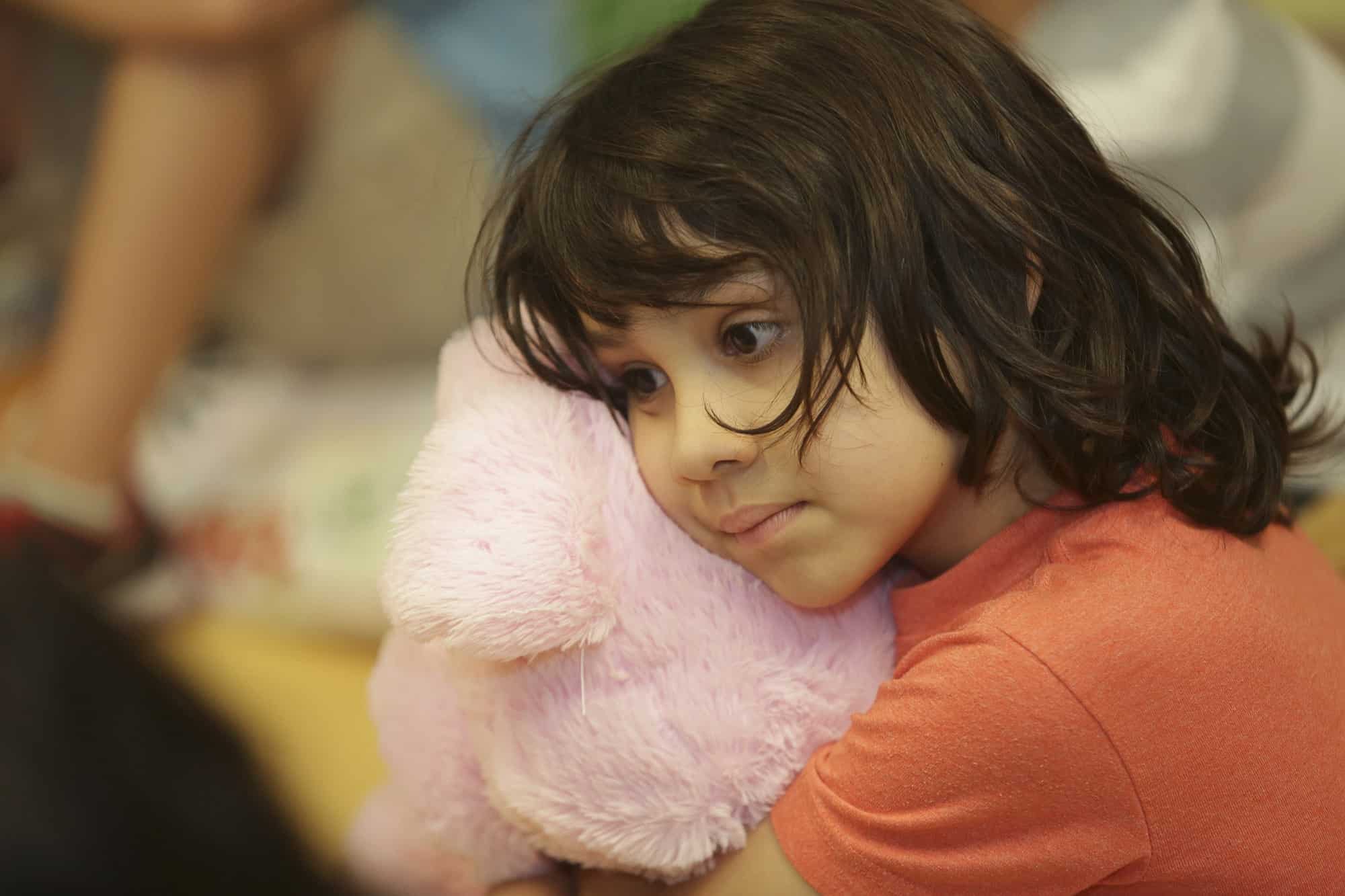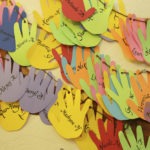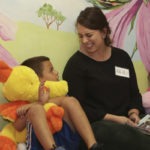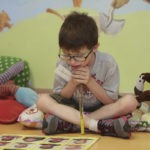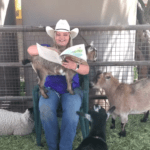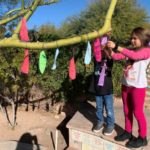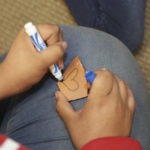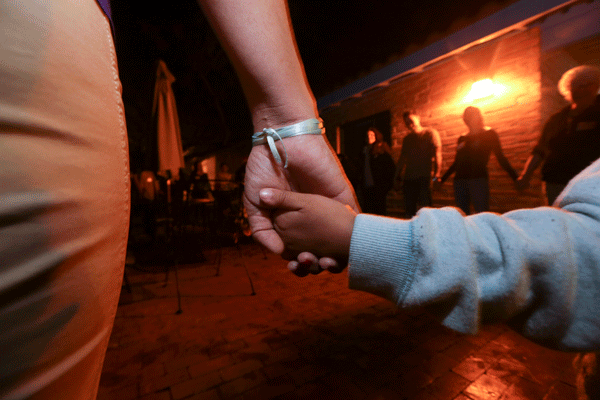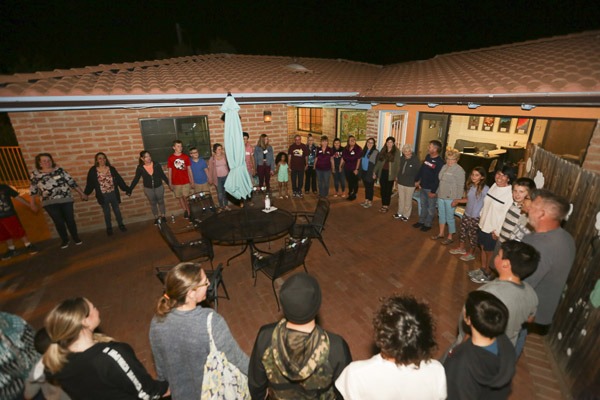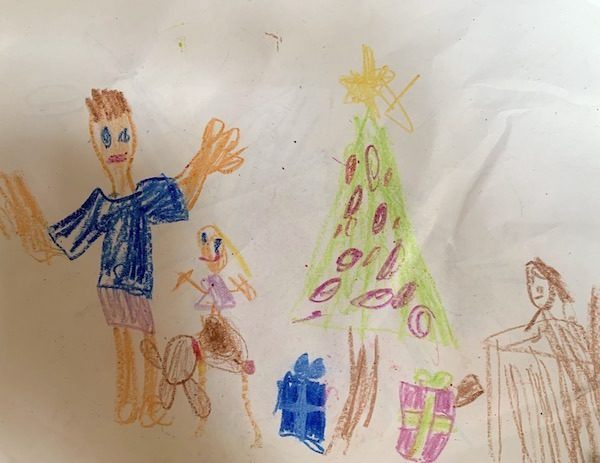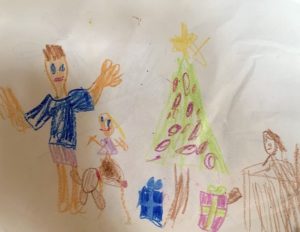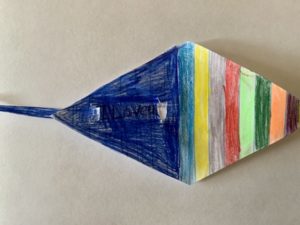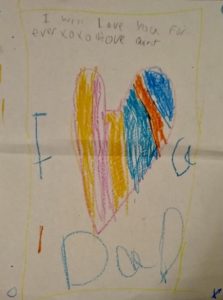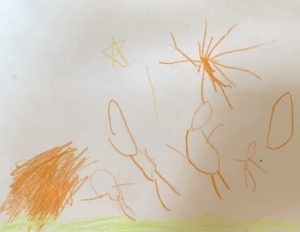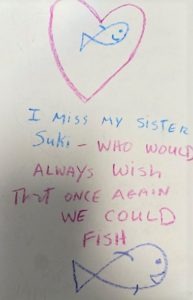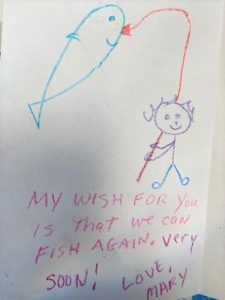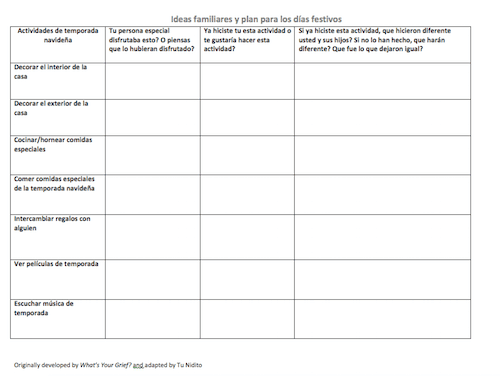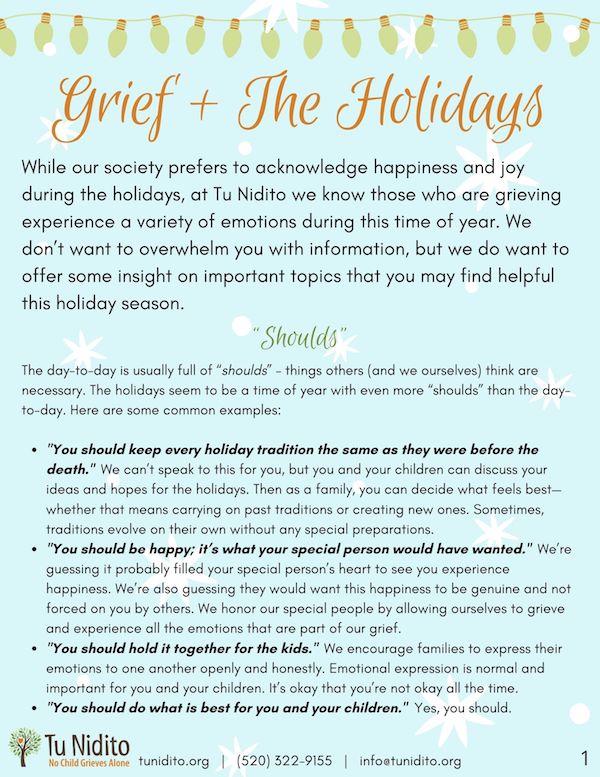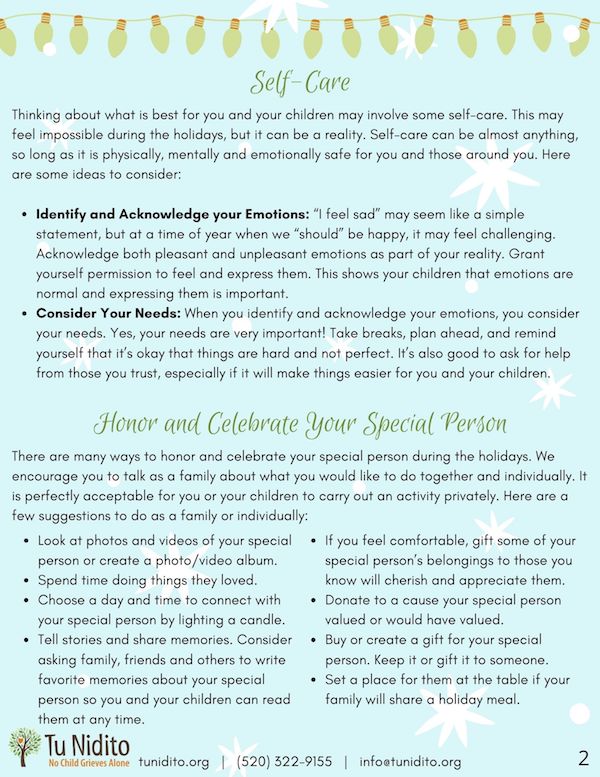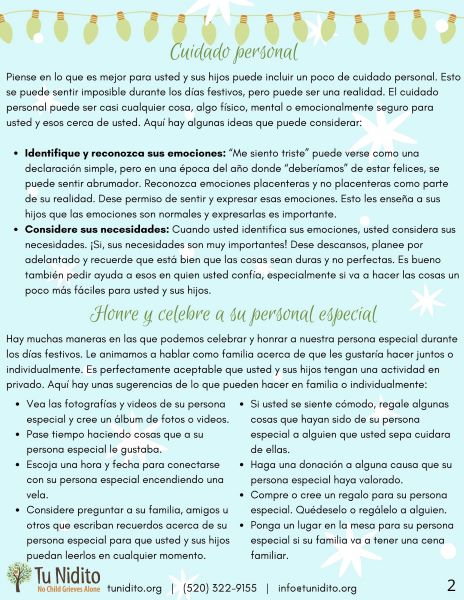Reflections
Dia De Los Muertos at Tu Nidito
Dia de Los Muertos is a tradition celebrated at Tu Nidito, it is truly one of the most special events offered. It is a night where families gather at the little nest and bring an ofrenda, tell the stories of their loved ones and connect with other families about their memories. It reveals a unique space to grieve as a family and to hold each other as we celebrate the life of those who are no longer with us.
The air fills with laughter and joy as families arrive. Each family takes a turn finding a spot on the table for their ofrenda. Memories come in all shapes: pictures, stuffed animals, shirts, pillows and flowers. Children go running to the playground, parents watch them from a safe distance. Through my lens I try to capture the beauty of joy from these families, who I know are grieving. As I see them, I ask myself: who are they thinking of? Who was their loved one? Are they nervous to share? Or possibly looking forward to it?
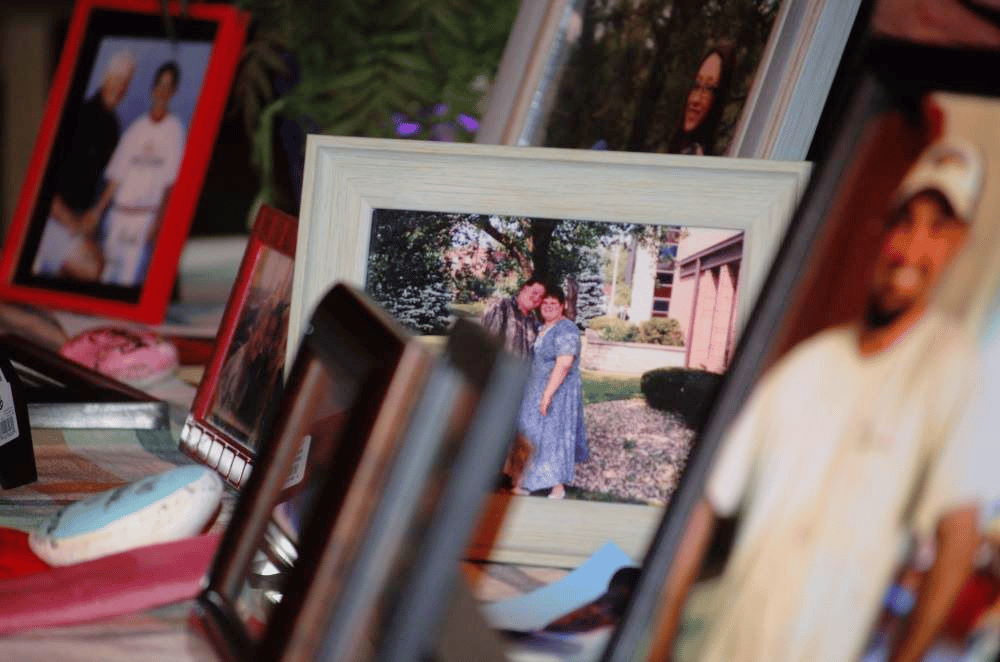
When the Group Coordinator comes to the microphone, families take their seats. The laughter from the children stops, opening the way to the anticipated nostalgia this night holds.
A poem is read, A Litany of Remembrance – We Remember Them by Rabbi Sylvan Kamens and Rabbi Jack Riemer.
Silence continues to fill the space until Bruce Phillips picks up his guitar, turning the silence into melody:
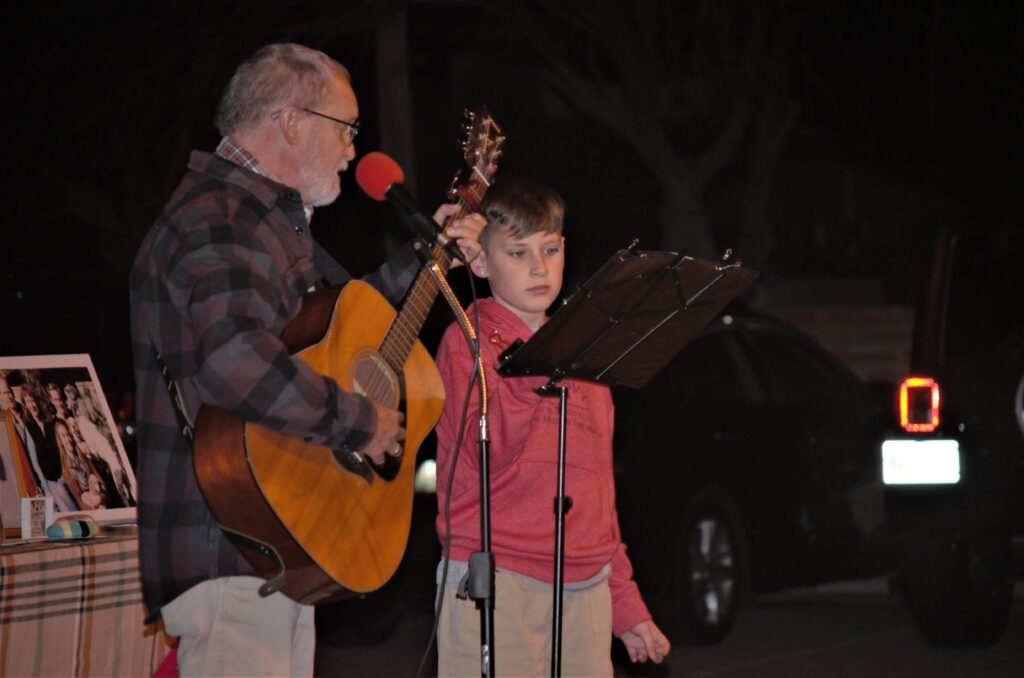
You’ve been taken from me, and I am still here.
Though you loved me I know so straight and so clear
And I feel like I’m dreaming, hold my hand through the night
And I’ll never forget you, but I’m scared that I might
You groaned at my jokes and you laughed at my songs
You made up great excuses when I did things wrong
And when you went away, you’d ask me along
Except for this last time……so long
Filled to the brim, filled to my eyes
Your heart and mine
You’ll always be with me
And I’ll see you sometime
The melody blends into the night, into the wind and swirls around everyone. Families hold on to each other. Tears roll down our cheeks, we feel our hearts moving. There is no other thought in our minds but of that special person. There is no other wish, but to hold them one more time. There is no greater desire than to connect with them in that moment. There’s no stronger feeling but the love we all have for our special person.
With the song ending, families gather courage and one by one stand up to share their loved one’s story. With each story, the memories of our own special person rise to the surface. Through the lens of my camera, I try and capture the tears, the napkin over someone’s eye, the immediate sadness this grief has brought to them. But as soon as they talk about their loved one, their eyes spark, they smile and, even with a broken voice, they go on to share the life of their special person who has died.
Grandmas, grandpas, mothers, fathers, husbands, wives, sons, daughters.
One by one stories unfold about them, who they were, their favorite things to do, their favorite food, their personality.
Funny, loving, kind, hard-working, generous, smart, fierce, strong.
It is such a beautiful feeling, that in a space among strangers, we can share this moment. We find the relief in connecting with each other’s grief. We do not compare, there’s no greater or lesser grief, there is just grief, in each of us and our journey through it. We are reminded that we are not alone in the feelings of despair, or sadness and the moments of joy.
When everyone has shared, the music fills the night, again, I have to step away and wipe some tears. This night has brought countless memories and feelings. It has brought comfort and a special way to celebrate the life of our loved ones. It has brought joy in thinking of them.
As we share food, there is a slight change, it feels like everyone is closer to each other. As I take more pictures of families, I capture the community Tu Nidito has nurtured and supported. A community in which the grieving come together to remember and honor our loved ones in an open space designed for those who want to share more…
…And also for those in the back, too shy to come forward, sharing their story in their hearts.
We talk about how we feel at Tu Nidito
We begin to heal at Tu Nidito
We tell our story, sing our song
We found a place where we belong
We belong at Tu Nidito
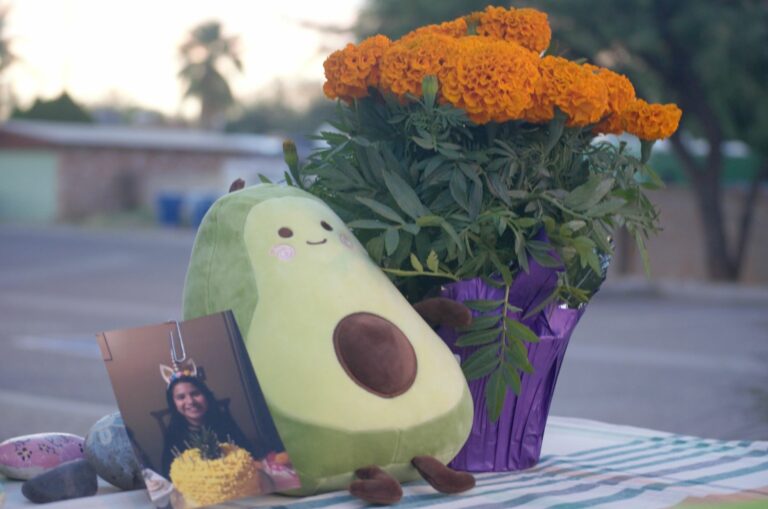

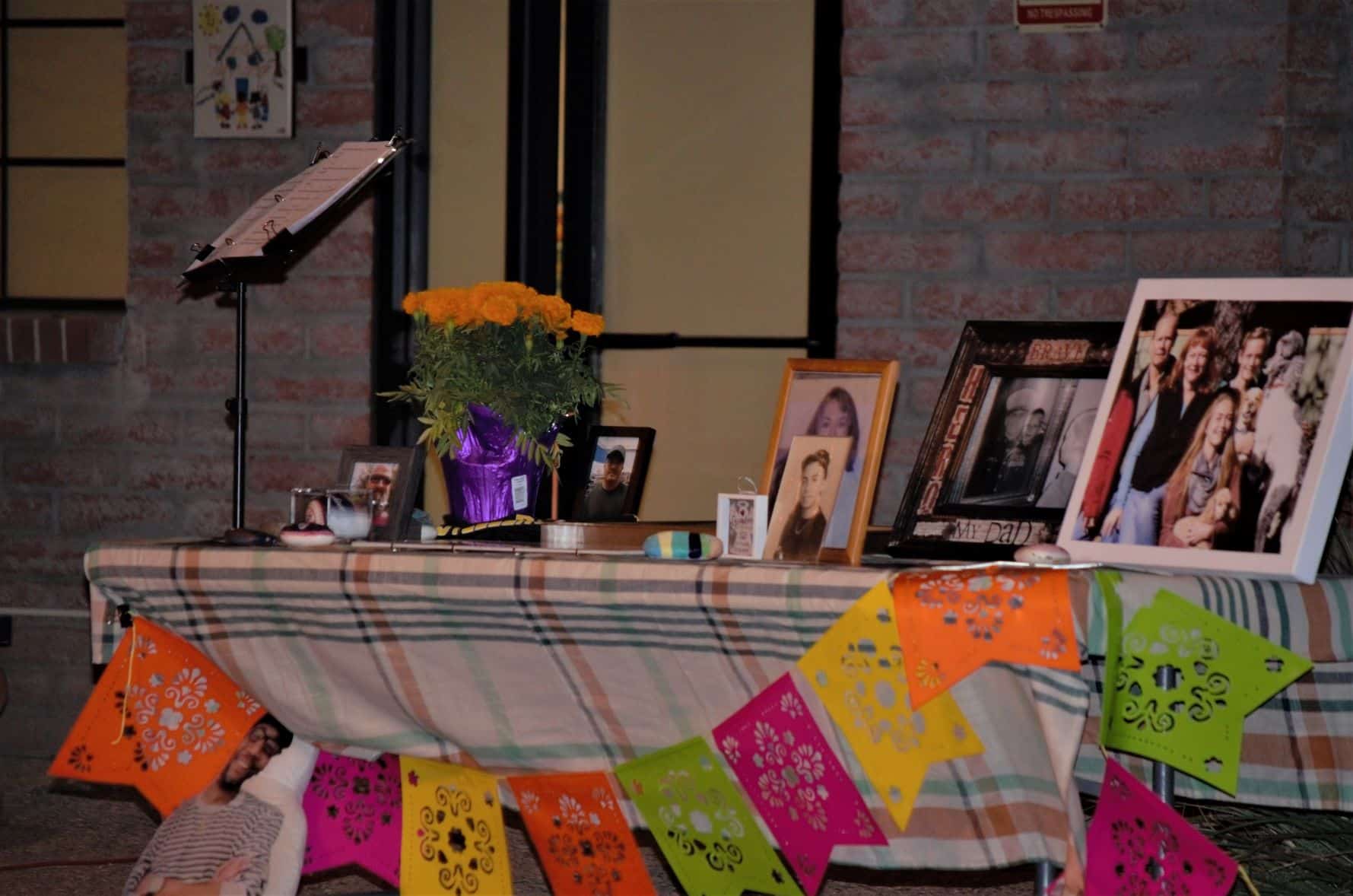


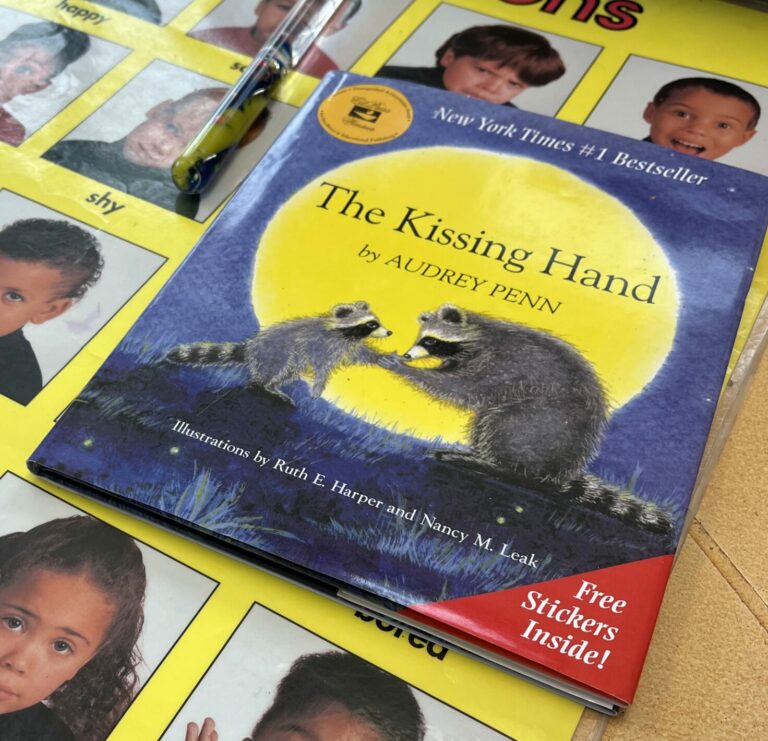
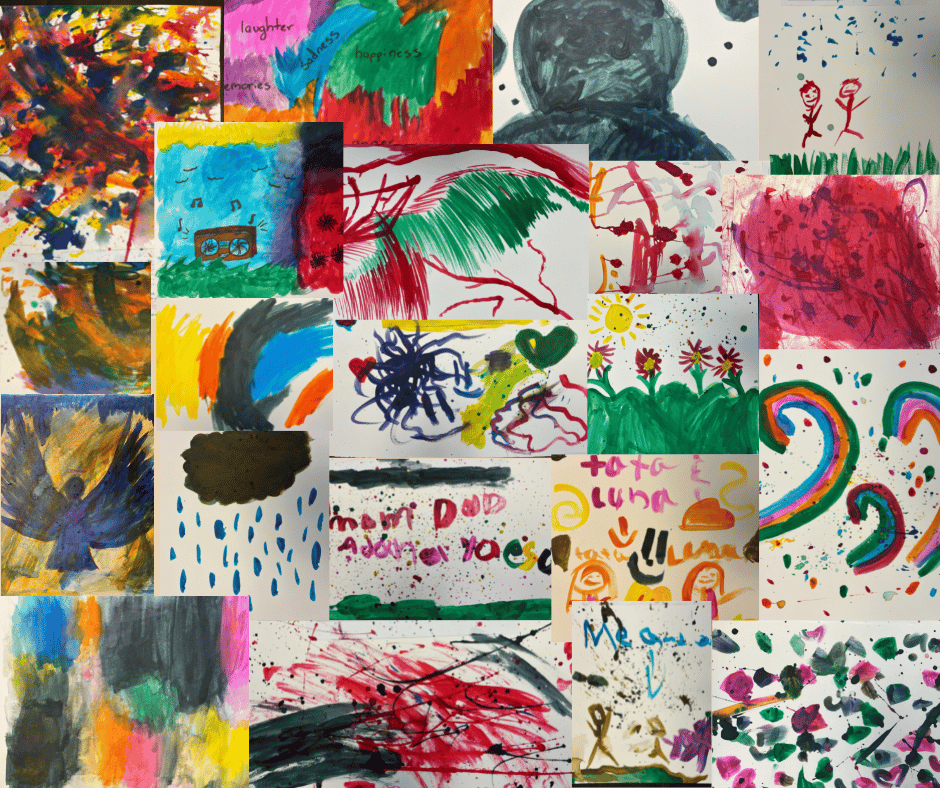
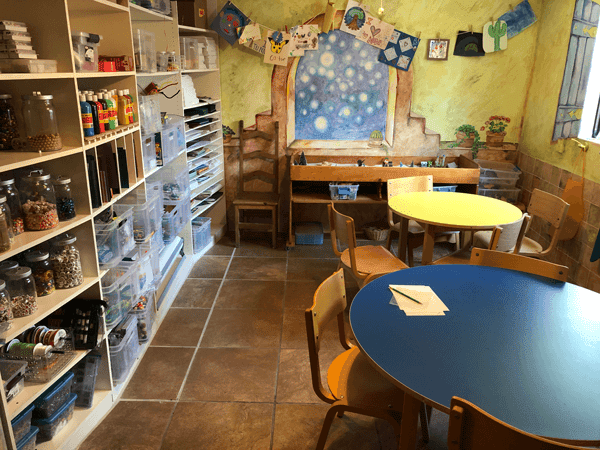
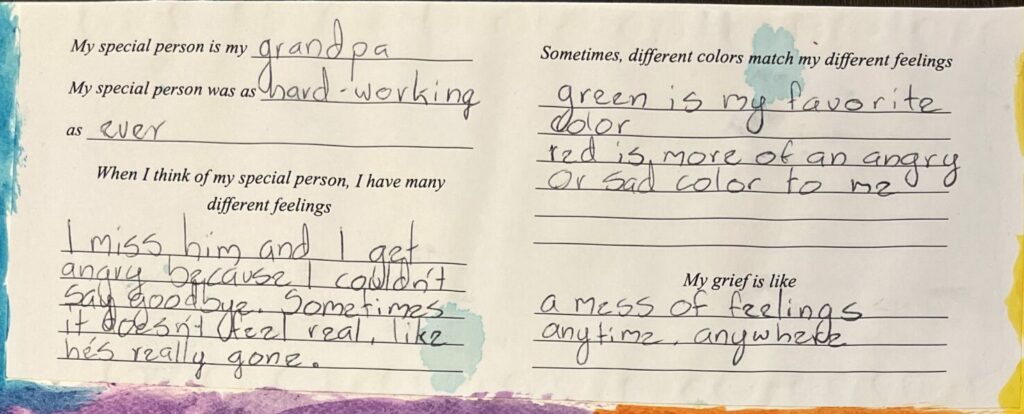

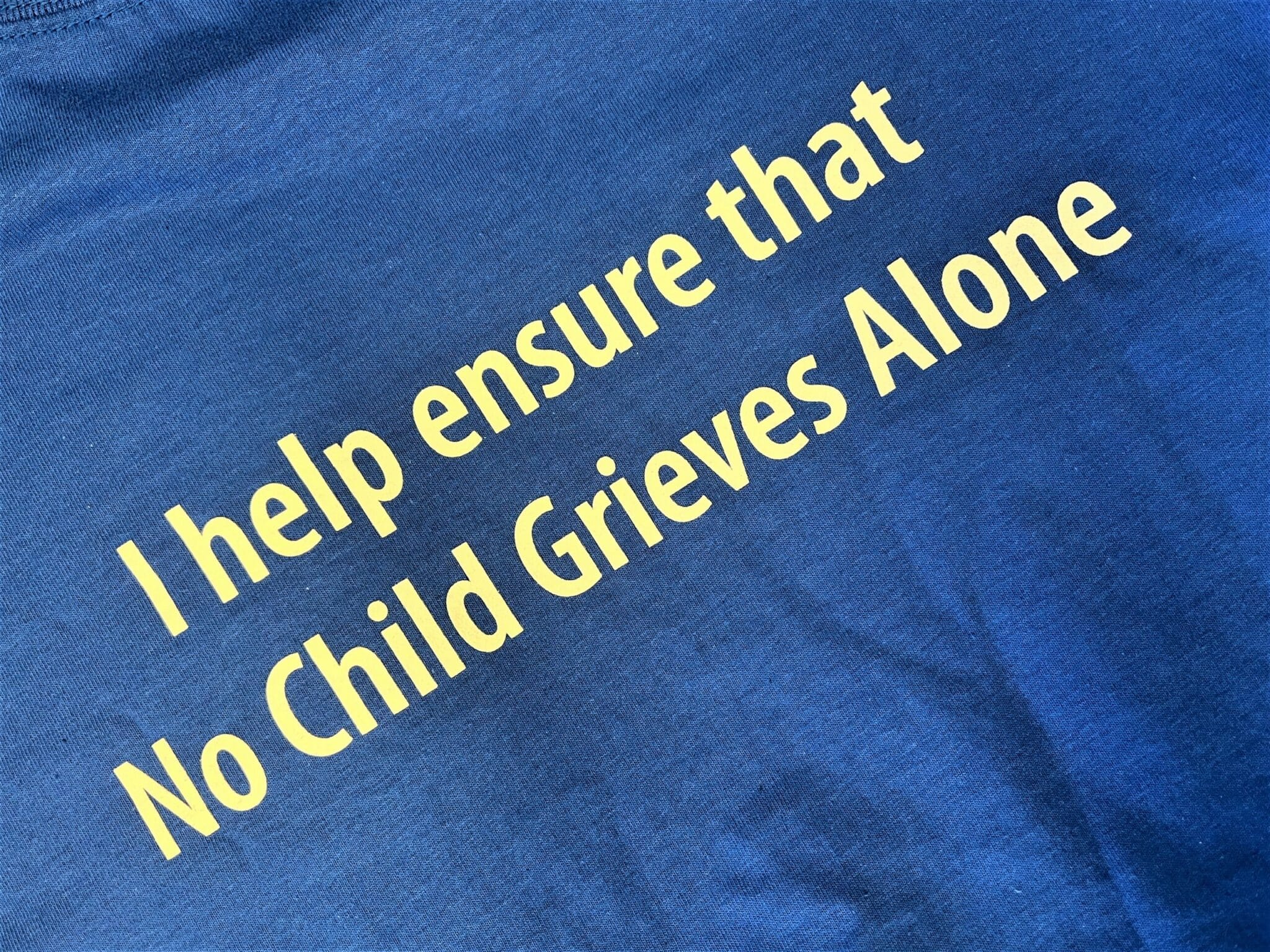
 on-one support and providing critical behind-the-scenes support by assisting at events, and helping with office tasks and outreach. The impact is huge and their gift of time, heart, and dedication is what makes it possible for Tu Nidito to help more than 650 grieving children each year. Thank you, Tu Nidito Volunteers!
on-one support and providing critical behind-the-scenes support by assisting at events, and helping with office tasks and outreach. The impact is huge and their gift of time, heart, and dedication is what makes it possible for Tu Nidito to help more than 650 grieving children each year. Thank you, Tu Nidito Volunteers!



